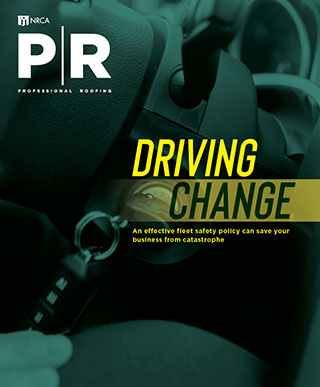
A few weeks ago, I was driving from my house to a meeting. Usually, there is bumper to bumper traffic blocking the street by my house and I have to wait for a Good Samaritan to let me in. On this particular day, there was a perfect gap; I pulled in and didn’t have to wait. I made the next two green lights and cruised all the way to my destination.
For a person who is working on his patience (and hates traffic in general), it was beautiful. So beautiful I said aloud to myself: “OK, sometime soon you’ll have something bad happen and you need to remember the ‘win’ that just happened!”
Driving home that evening, I had to stop and wait for three trains to pass one railroad crossing. It was less than beautiful.
But I remembered my good luck earlier in the day, and it softened the blow.
A few days later, I was on a plane. When we landed, the captain said: “If everyone can check your watches, please, you’ll see we landed 34 minutes early today. I’d just ask that you remember this sometime when you get in a little late.”
I have found myself remembering negative experiences more than positive ones and thought it was just me being an inate pessimist (or starting my journey to becoming a grumpy old man), but then I learned I was completely normal.
Evidently, we all tend to remember a negative experience more vividly and longer than a positive one. Regardless of severity or source, bad things stick with us more naturally than good things.
Laura Carstensen, a psychology professor at Stanford University, Stanford, Calif., explains this biological phenomemon: “Many psychologists think that this has evolutionary roots; that is: It’s more important for people, for survival, to notice the lion in the brush than it is to notice the beautiful flower that’s growing on the other side of the way.”
But just because nature seems to have us programmed to remember the bad, it doesn’t mean we have to or should.
Proactive positive thinking is good for your health and your outcomes.
CNN reports: “Optimism doesn’t mean ignoring life’s stressors, experts say. But when negative things happen, optimistic people are less likely to blame themselves and more likely to see the obstacle as temporary or even positive. Optimists also believe they have control over their fate and can create opportunities for good things to happen in the future.”
People with positive outlooks are more healthy and live longer. Just as exercise is necessary to stay physically strong, actively working on positive attitudes can bring lasting physical and mental outcomes.
Interestingly, people in their 20s and 30s tend to focus even more on the negative than older adults. The theory is young people have to learn a tremendous amount to help them succeed in life. Because the risks of young adults are more complicated and nebulous, they tend to remember many (negative) things that may help them succeed and manage the future better.
This is something to keep in mind when interacting with younger people on your team. They are being exposed to new workplace experiences, and the memories and lessons they will take away can likely and easily skew negative. I am not saying coddle them, but recognize their insecurities and sponge-like mental absorption and ensure you’re filling their days with lessons that can help them succeed.
Regardless of age, here are a few things that can help all:
- Consciously, deliberately note the good that happens. The bad is going to stick around anyway, so put some good in your mind to balance it out.
- If you’re having a bad day or moment, popping off or taking it out on others is going to be acutely felt by those you just roped into your negativity circle. One bad comment can ruin a person’s otherwise delightful day because they are highly likely to dwell on that comment rather than all the other positive or neutral experiences they had that day.
- If you get thrown from the metaphorical horse, well, get back on, but learn from it. Learn from the bad that’s filed away in your mind, or, better yet, learn from someone else’s mistake to avoid making it yourself! After all, wisdom comes from experience; experience comes from making mistakes. It’s better to learn from others’ mistakes than your own!
- The negative-bias phenomenon reinforces the importance of making a good first impression with customers, potential customers and employees. If anyone has a bad first impression of you or your company, the person will remember it far more vividly.
- Remember the sting of a rebuke will be felt far longer than the praise from success.
We all can be mindful that life happens. What we learn from it or what we let it do to us is up to us.
MCKAY DANIELS is NRCA’s CEO.
mdaniels@nrca.net



